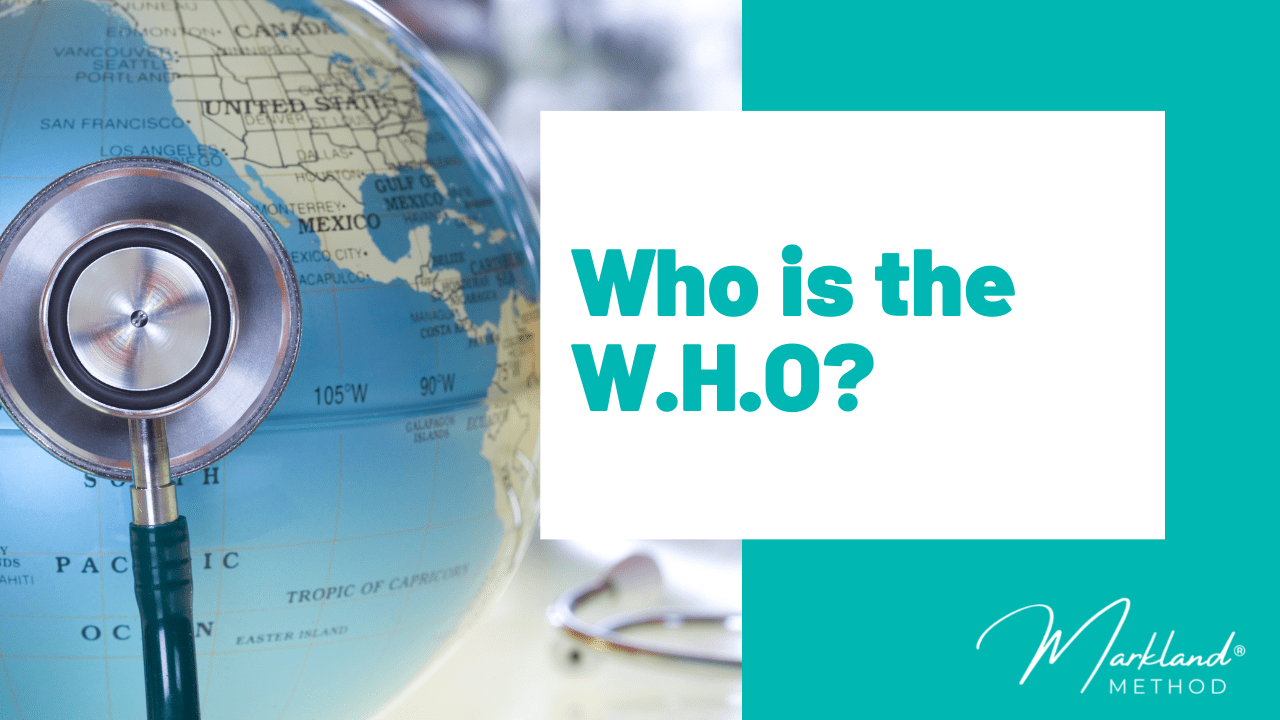Who is the W.H.O?
Sep 02, 2020
The World Health Organization (WHO), founded in 1948, is one such organization that has been at the forefront of the CV-19 lock-step response.
Recent discussions about its funding sources and a proposed Pandemic Treaty have sparked debates about its role and potential impact on global governance.
Have you ever asked who the unelected body called The World Health Organisation (W.H.O) actually is and how they are funded?
Unraveling WHO's Funding Structure
The funding of the WHO deserves a closer look. Traditionally, the organisation relied on donations solely from its member states.
However, in 2005, a policy shift allowed for private funding sources to contribute as well. Today, only 20% of the WHO's funding comes from member states, with the remaining 80% originating from private sources, including pharmaceutical companies.
Thirteen percent of the WHO’s funding ($300 million annually) comes from the Bill and Melinda Gates Foundation—a larger contribution than the United State government.
The WHO’s list of donors also includes AstraZeneca, Bayer, Pfizer, Johnson & Johnson, and Merck.
The extent of this influence and the potential conflicts of interest are topics that warrant careful examination.
Understanding the Proposed Pandemic Treaty
This proposed treaty, put forward by the WHO, aims to consolidate global efforts for pandemic preparedness and response. However, its provisions and the way it could reshape international governance have sparked both support and skepticism.
The Pandemic Treaty is essentially an attempt by the WHO to take centralised control of the world’s governments, under the guise of “pandemic preparedness”.
It’s dangerous and largely ignored by the corporate media.
Only 2/3 of nations need to agree to ram through this treaty while placing sanctions on dissenting countries.
The WHO Constitution would also supersede national constitutions.
Their New Overarching Powers Would Include:
1.) The WHO would reserve the right to decide what constitutes a pandemic and have already changed the definition of the term. It could be the flu.
2.) Treaty gives the WHO the power to name the new disease decide what quarantine measures are needed on a global scale.
3.) The WHO would control over who gets to develop the new treatments and decide whether they’re safe.
4.) They would be given the authority to determine who gets quarantined locked down.
5.) The WHO would decide over vaccine mandates for each country.
“I think it’s pretty easy to get that one organization should not have this kind of power.”
Dr. Tess Lawrie
What can you do about it?
You can of course petition.
But you can get even more proactive by making sure you are healthy and your practice is healthy so it can contribute to empowering patients and the local community to take ownership of their health rather than outsourcing it.
Promoting health empowerment has emerged as a form of activism in itself.
Encouraging healthy lifestyles, advocating for evidence-based healthcare practices, and fostering informed conversations about public health policies are all ways individuals can contribute positively to the well-being of their communities.

